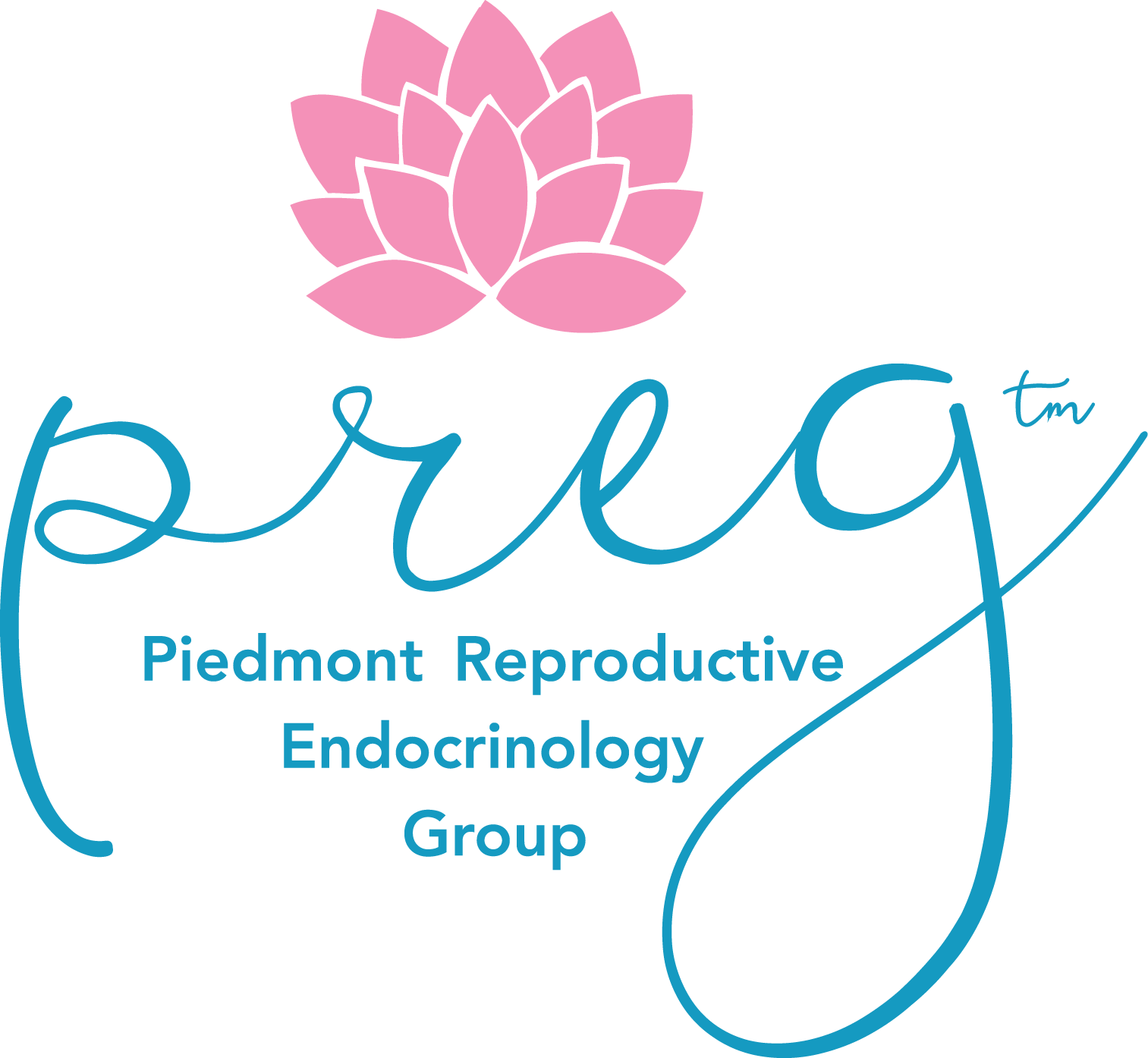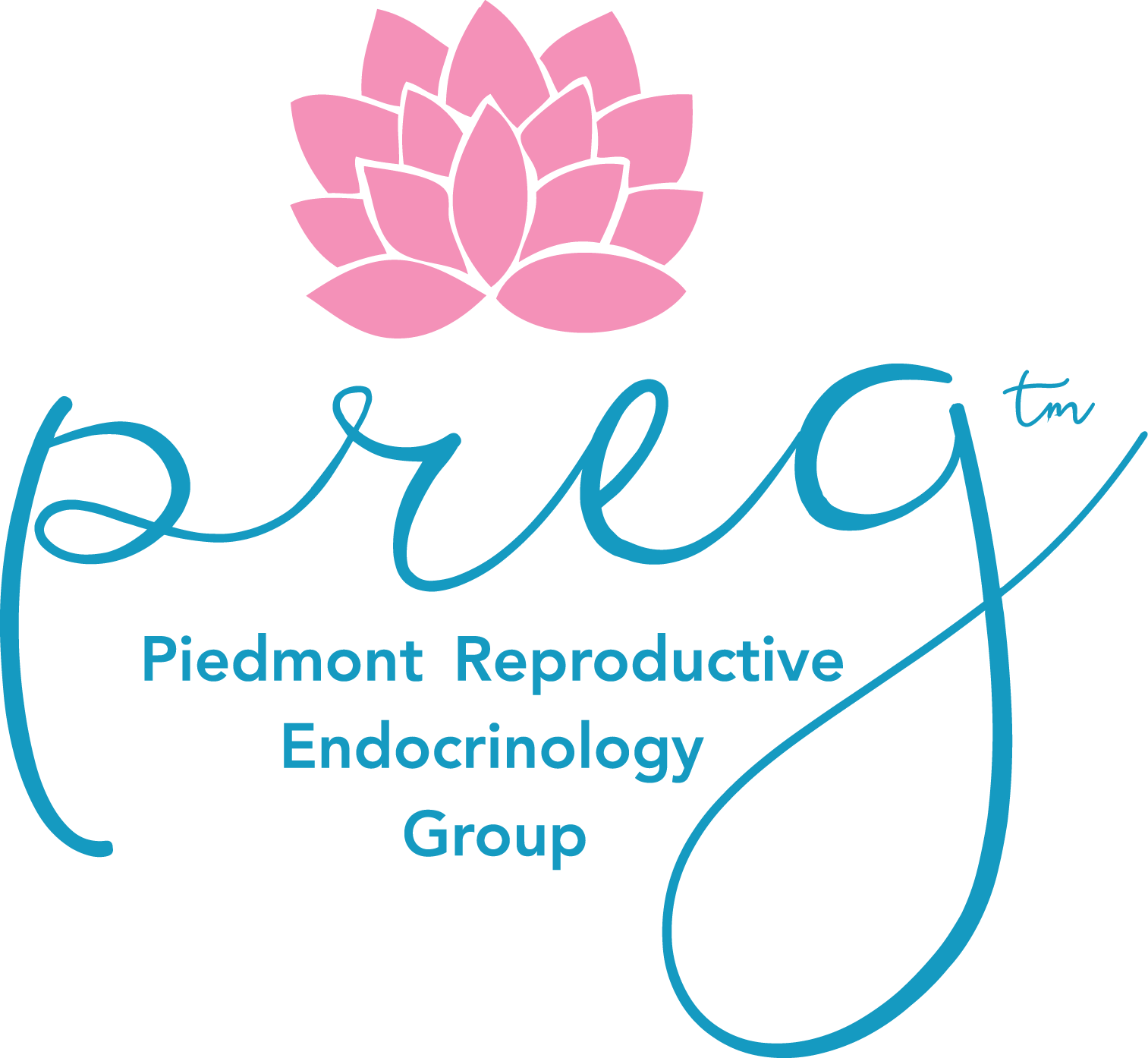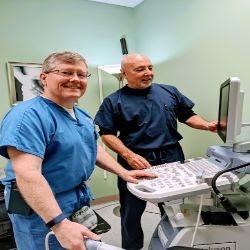The Doctor Is In!
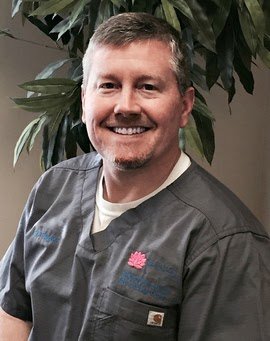
Q & A with Dr. John Frederick Payne, MD Reproductive Endocrinologist & PREG Partner On Secondary Infertility
What is Secondary Infertility and how does it happen?
Secondary Infertility is infertility after having had a prior pregnancy which could have ended in any number of ways from delivery of a child, to a miscarriage or even an ectopic pregnancy. The diagnosis could be made after 6 months of unprotected intercourse.
Why does it happen?
Secondary infertility happens for the same reasons as primary infertility. There are five main steps needed for natural conception to occur. The woman has to ovulate, have exposure to sperm around the time of the ovulation, and have an open fallopian tube to allow the sperm and egg to interact. The egg has to be fertilized by the sperm and then the embryo has to implant ( attach) in the uterus or if implantation occurs outside of the uterus such as in the fallopian tubes, there would be an ectopic pregnancy. Those are the five things that have to happen whether you’ve had one pregnancy or five pregnancies it’s the same thing every time.
Really, there is not much difference between primary and secondary infertility in how you would evaluate or treat it in general. In primary infertility the diagnosis would be made after one year of unprotected intercourse with no pregnancy or if you are 35 years old after six months of attempting to conceive. Evaluation of secondary infertility would be very similar to primary infertility and the treatments, depending upon evaluation findings, would be the same in both scenarios. Standard infertility evaluation would include ovarian reserve testing with endocrine labs on cycle day 3, baseline ultrasound for antral follicle count and uterus measurement, HSG to evaluate the uterine cavity and the fallopian tubes, and a semen analysis for the male evaluation. Then we develop individualized treatments based on the evaluation findings. In general, it is reasonable to plan to start with the same treatment which yielded a successful pregnancy in the past as long as the evaluation seems to make that treatment favorable.
Is this common?
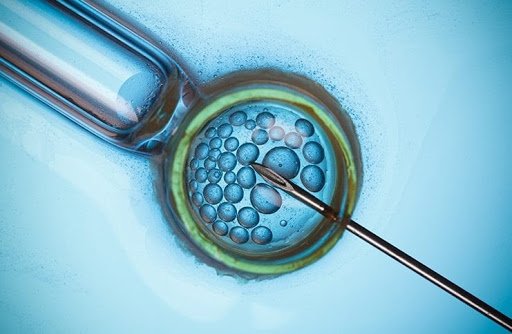
Yes, secondary infertility is pretty common. Infertility affects about one in seven couples or roughly 12 to 14% of the reproductive population so that’s fairly common with primary infertility accounting for the majority of those cases and secondary infertility accounting for the remainder. I would say secondary infertility is fairly frequent. Especially because the issues that caused primary infertility remain the same in many cases and must be evaluated and treated again when the couple attempts conception again. For instance, if a woman does not ovulate due to PCOS and still has that they are probably going to need help ovulating with ovulation induction fertility medicines. If male-factor was present another insemination or IVF/ICSI might be required again. Obviously, if permanent sterilization such as tubal ligation or vasectomy had been performed, in vitro fertilization procedures are required again.
So age is a primary factor as we’ve discussed before?

Age of the female is always a primary factor (probably the most important factor) in secondary infertility and primary fertility. Women are born with all the eggs they will ever have and will lose them over time at some rate that is probably genetically predetermined and the eggs that remain during the aging process have a higher percentage of abnormal chromosome complements so if fertilized even with a normal sperm the embryo would be aneuploid.
Aneuploid embryos will either not implant (no pregnancy) or implant and later miscarried. So, younger women have younger eggs and therefore conceive at a higher rate and miscarry at a lower rate. The sooner women come into an infertility clinic and have an evaluation by a reproductive endocrinology and infertility physician the more likely we can help achieve their goal of growing a family.
What is the implication of male factor in secondary infertility?
Obviously, women’s advancing age affects their ovarian reserve at a much earlier age, and more drastically than aging for males affects their sperm parameters and probability of achieving a pregnancy. Until about 45-50 years of age, there is a minimal decline in male fertility. There are certain conditions that might be more prevalent in offspring from older males.
Can you provide a case of secondary infertility that you’ve treated?
Yes, an anovulatory woman with PCOS needed help to ovulate with ovulation induction medicines and timed intercourse later returned to our office for another baby. We do the evaluation and find out she is otherwise okay except for anovulation. We try to treat her with the same medicines again and they conceive. Another example might be the male factor requiring IUI’s to conceive in the past and they return and we do ovulation induction with intrauterine ovulations for conception again.
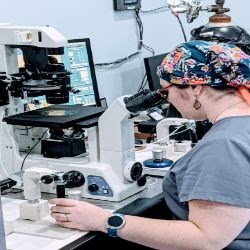
Can endometriosis be a factor in secondary infertility?
Sure, endometriosis can be a factor in secondary as well as primary infertility. Endometriosis develops after puberty and over time can worsen causing inflammation with scarring affecting fallopian tubes, ovaries, uterus, and the peritoneal surfaces. Other conditions such as fibroids or adenomyosis can become an issue and tend to worsen with aging. These conditions may affect women more often with secondary infertility and can be successfully treated surgically in many instances. Endometriosis is affected by progesterone suppressing and estrogen causing proliferation or spreading. Since pregnancy is a progesterone dominant time, pregnancy suppresses endometriosis during that time period, and sometimes after delivery, the pain and symptoms resolve, and other times the symptoms recur.
Fertility treatment is an emotional roller-coaster for all patients but is it more so for secondary infertility patients?
Infertility really is an emotional roller-coaster for all women and their partners. However, in secondary infertility at least they are starting to try to conceive after they’ve been successful in a prior pregnancy. There’s some comfort in having prior success but there is also frustration that they are having difficulty once again. There is that thought in the back of their mind, “am I going to have a problem trying to conceive?” but if they do have difficulty they now know what they need to do. Make an appointment with their OBGYN or a reproductive endocrinology and infertility specialist and get started with an evaluation and fertility treatments.

I sometimes try to comfort patients with secondary infertility and set them at ease by reminding them that they had a successful pregnancy before together and everything worked together as required. This is especially true if they are attempting conception with the same partner, which gives me (and the patient) hope for the next time, more so than a patient who has never achieved pregnancy and we don’t have that past success to build upon. But, past reproductive success doesn’t guarantee future performance, but it gives me hope that they can and will be successful. Try to stay positive and engaged in the treatments. Keep cautious optimism and hope alive and move forward.
Again, female aging is so important for infertility and sometimes the female’s ovarian reserve is just too low to help achieve a pregnancy with her own autologous eggs. Then, we have the other treatment options in third-party reproduction like donor egg IVF, embryo adoption with frozen embryo transfers with adopted embryos.
What percentage of secondary infertility cases move onto IVF?
Probably a similar number of secondary infertility patients as compared to primary infertility patients move to IVF. Maybe 30-40% require IVF/ICSI either initially after evaluation or after other unsuccessful treatments. In general, at PREG we are going to do the appropriate evaluation whether it’s primary or secondary infertility. Then we are going to try to help them conceive in the easiest, least expensive, fastest way possible based on their evaluation.
We would start with ovulation monitoring with fertility pills like Clomid or letrozole with pelvic ultrasound and a trigger shot of Ovidrel to force the ovulation with timed intercourse for several months. If that wasn’t successful we would add intrauterine insemination (IUI) with the same type of fertility medicines to make ovulation occur and perform 3-4 IUI cycles. We would progress to IVF/ICSI and consider PGT-A (embryo biopsy for aneuploidy) for primary infertility and the progression would be the same way for secondary infertility. Patients can move through treatments at their own pace (faster or slower) and can skip treatments moving directly to IVF.
IVF/ICSI has the highest success rates and least risk of multiple gestations if a single embryo transfer is performed when compared to ovulation induction with timed intercourse or inseminations. Obviously, if you had occluded fallopian tubes and/or the sperm count parameters were so low that it didn’t make sense to try intercourse or insemination then you go directly to IVF/ICSI. Most women/couples attempting conception are successful without the need for medical evaluation or fertility treatments. Infertility specialists are treating the one in seven couples, or 14% of the population with infertility. Many women might have already had successful treatment with an OB through less involved treatments than infertility specialists offer.
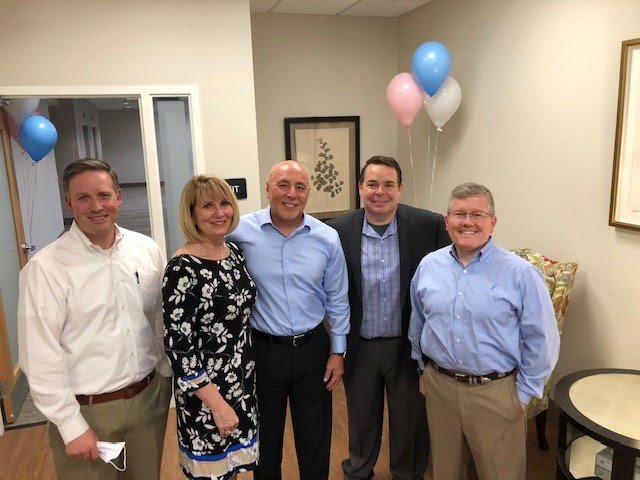
By the time women reach the REI practice, they have exhausted other treatments and many will need IVF with ICSI. The REI practices such as PREG are the end of the line (so to speak). We are able to provide the most sophisticated cutting edge high-tech tertiary treatment for infertility with the highest success rates for even the most difficult cases. The reproductive endocrinology and reproductive specialists are the final stop for women that have been unable to get pregnant on their own or with their OB-GYN and we can help almost everyone achieves their goal of growing their families one baby at a time.
PREG has 3 IVF Centers (Greenville, Columbia & Low Country) with offices in Asheville & Spartanburg.
